Filter by
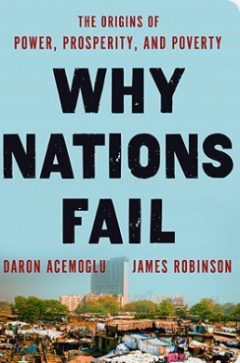
Why Nations Fail: The Origins of Power, Prosperity, and Poverty
Based on fifteen years of original research Acemoglu and Robinson marshall extraordinary historical evidence from the Roman Empire, the Mayan city-states, medieval Venice, the Soviet Union, Latin America, England, Europe, the United States, and Africa to build a new theory of political economy
- Edition
- -
- ISBN/ISSN
- 9780307719225
- Collation
- -
- Series Title
- -
- Call Number
- 9
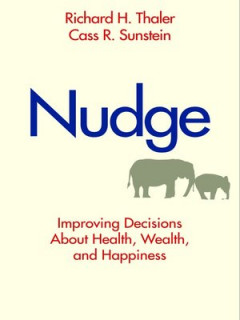
Nudge: Improving Decisions about health, wealth, and Happiness
Using dozens of eye-opening examples and drawing on decades of behavioral science research, Nobel Prize winner Richard H. Thaler and Harvard Law School professor Cass R. Sunstein show that no choice is ever presented to us in a neutral way, and that we are all susceptible to biases that can lead us to make bad decisions. But by knowing how people think, we can use sensible “choice architectur…
- Edition
- -
- ISBN/ISSN
- 9780300146813
- Collation
- -
- Series Title
- -
- Call Number
- 1
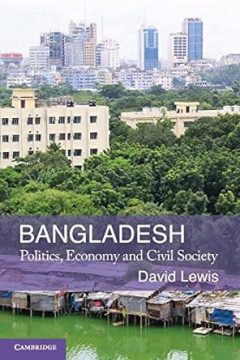
Bangladesh: Politics, Economy and Civil Society
Relatively little is known or understood about Bangladesh by outsiders. Since its hard-won independence from Pakistan in 1971, it has been ravaged by economic and environmental disasters. Only recently has the country begun to emerge as a fragile, but functioning, parliamentary democracy, relatively self-sufficient in food production and with an economy that has been consistently achieving grow…
- Edition
- -
- ISBN/ISSN
- 9780521713771
- Collation
- -
- Series Title
- -
- Call Number
- 3
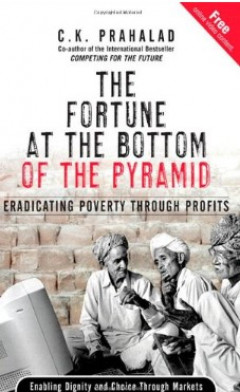
The fortune at the bottom of the Pyramid
Presents the theory that there are commercial opportunities in the poor nations of the world for private companies, and that companies can utilize this knowledge to make profits and at the same time fight poverty.
- Edition
- -
- ISBN/ISSN
- 9780131467507
- Collation
- -
- Series Title
- -
- Call Number
- 3
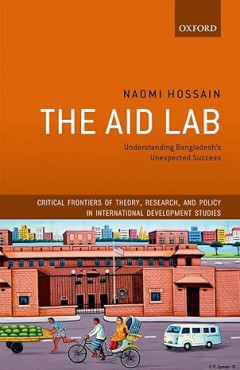
The Aid Lab: Understanding Bangladesh's Unexpected Success
From an unpromising start as 'the basket-case' to present day plaudits for its human development achievements, Bangladesh plays an ideological role in the contemporary world order, offering proof that the neo-liberal development model works under the most testing conditions. How were such rapid gains possible in a context of chronically weak governance? The Aid Lab subjects this so-called 'Bang…
- Edition
- -
- ISBN/ISSN
- 9780198785507
- Collation
- -
- Series Title
- -
- Call Number
- 3

Food Riots, Food Rights and the Politics of Provisions
Thousands of people in dozens of countries took to the streets when world food prices spiked in 2008 and 2011. What does the persistence of popular mobilization around food tell us about the politics of subsistence in an era of integrated food markets and universal human rights? This book interrogates this period of historical rupture in the global system of subsistence, getting behind the head…
- Edition
- -
- ISBN/ISSN
- 9780367352158
- Collation
- -
- Series Title
- -
- Call Number
- 9
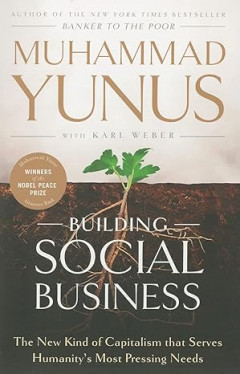
Building Social Business: The New Kind of Capitalism that Serves Humanity's M…
Muhammad Yunus, the practical visionary who pioneered microcredit and, with his Grameen Bank, won the 2006 Nobel Peace Prize, has developed a new dimension for capitalism which he calls "social business." The social business model has been adopted by corporations, entrepreneurs, and social activists across the globe. Its goal is to create self-supporting, viable commercial enterprises that gene…
- Edition
- -
- ISBN/ISSN
- 9781586489564
- Collation
- -
- Series Title
- -
- Call Number
- -